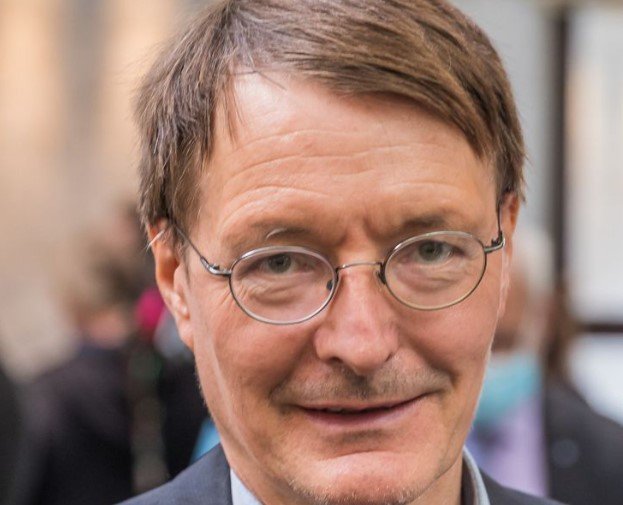The President of Latvia, Edgars Rinkēvičs, has voiced strong criticism against the Georgian government, suggesting that the European Union should reconsider Georgia’s candidate status. This statement comes amidst growing concerns over the Georgian government’s recent actions, which Rinkēvičs believes have crossed a line. The Latvian President’s remarks highlight the increasing tension between Georgia and the EU, emphasizing the need for a firm response to ensure that the situation does not deteriorate further.
Rising Concerns Over Georgian Government’s Actions
President Rinkēvičs has expressed his dismay over the Georgian government’s recent decisions, which he believes undermine democratic principles. He argues that the EU must take a stand to prevent further erosion of democratic values in Georgia. The President’s comments reflect a broader concern within the EU about the direction in which the Georgian government is heading. This sentiment is shared by other EU leaders who are also calling for a reassessment of Georgia’s candidate status.
The Latvian President’s statement is a clear indication of the growing frustration within the EU regarding Georgia’s political trajectory. Rinkēvičs has emphasized the importance of upholding democratic standards and has urged the EU to take decisive action. His remarks suggest that the EU’s patience with the Georgian government is wearing thin, and that concrete steps may be necessary to address the situation.

In addition to his criticism, Rinkēvičs has also highlighted the need for the Georgian government to make significant reforms. He believes that without these changes, Georgia’s path to EU membership could be jeopardized. The President’s comments underscore the urgency of the situation and the need for immediate action to ensure that Georgia remains on the path to democratic governance.
Implications for Georgia’s EU Candidacy
The Latvian President’s remarks have significant implications for Georgia’s EU candidacy. By calling for a reassessment of Georgia’s candidate status, Rinkēvičs is signaling that the EU may need to take a tougher stance. This could involve suspending Georgia’s candidate status until the government demonstrates a commitment to democratic reforms. Such a move would send a strong message to the Georgian government and could potentially lead to significant political changes.
Rinkēvičs’ comments also highlight the broader challenges facing Georgia in its quest for EU membership. The country has made significant progress in recent years, but the recent actions of the government have raised serious concerns. The EU’s response to these developments will be crucial in determining the future of Georgia’s candidacy. The Latvian President’s call for action suggests that the EU may need to adopt a more proactive approach to ensure that Georgia stays on track.
The potential suspension of Georgia’s candidate status could have far-reaching consequences. It would not only impact Georgia’s political landscape but also its economic and social development. The EU’s decision will be closely watched by other candidate countries, as it could set a precedent for how the EU deals with similar situations in the future. Rinkēvičs’ remarks underscore the importance of maintaining high standards for candidate countries and ensuring that they adhere to democratic principles.
The Path Forward for Georgia
In light of the Latvian President’s comments, the Georgian government faces a critical juncture. To avoid further deterioration of its relationship with the EU, Georgia must take immediate steps to address the concerns raised by Rinkēvičs. This includes implementing democratic reforms and demonstrating a commitment to upholding democratic values. The government’s response to these challenges will be crucial in determining the future of Georgia’s EU candidacy.
The Latvian President’s call for action serves as a wake-up call for the Georgian government. It highlights the need for urgent reforms and a renewed commitment to democratic principles. The government’s ability to respond effectively to these challenges will be a key factor in determining its future relationship with the EU. Rinkēvičs’ remarks underscore the importance of taking decisive action to ensure that Georgia remains on the path to EU membership.
Moving forward, the Georgian government must prioritize democratic reforms and work closely with the EU to address the concerns raised by Rinkēvičs. This will require a concerted effort from all political forces in Georgia to ensure that the country remains committed to its European aspirations. The path forward will not be easy, but with the right approach, Georgia can overcome these challenges and continue its journey towards EU membership.
